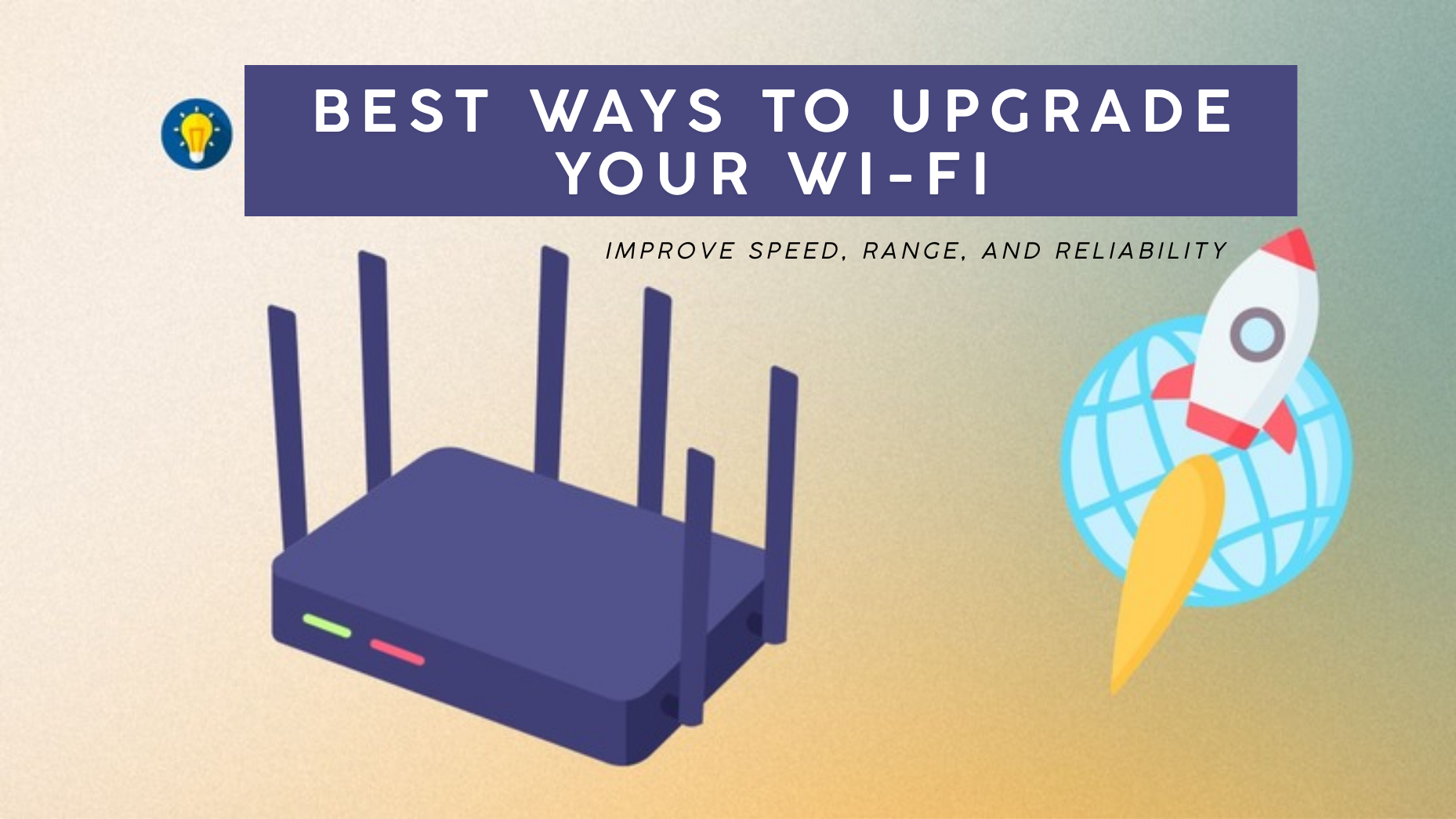The Ultimate Guide on How to Stay Safe Online | Tips for Internet Security
In this day of technology, it becomes a must for you to be always connected to the internet. Whether you are just using social media, buying products online, or even working online. You still need to be vigilant so that you can keep your online safety in the lead. This article offers some practical strategies and comprehensive tips that will help you avoid the threats on the internet by doing so in the right manner.
Understanding the Importance of Online Security
Before we jump into the details of how to be safe, let us learn why online security is important. The frequency and the complexity of cyber-attacks also keep climbing, not to mention that hackers come up with increasingly sophisticated methods to get access to systems. It is predicted that by 2025, the cost of cybercrime will be $10.5 trillion by the annual cybercrime report that the Cybersecurity Ventures shares. If you are not careful, the information about your health, your identity, and even your financial data can be taken away along with them.
Essential Tips for Staying Safe Online
1. Create Strong, Unique Passwords
One of the most effective measures to protect yourself from cyber threats is to use a strong password. Here is a step-by-step guide on how you can write one:
-
- Create a password that consists of lower and upper cases, numbers, and special characters
-
- Go for at least 12 characters
-
- Avoid using personal information such as a date of birth and names
-
- Maintain one password for all accounts
One of the best ways of managing multiple passwords is to use a password manager to store them securely.
2. Enable Two-Factor Authentication (2FA)
Two-factor authentication is an extra security layer added to your accounts, it adds users’ security. Even with a correct password, it is difficult for bad people to break into your account without the trusted second method (such as a code sent to your cell phone).
3. Keep Your Software Updated
Most of the time, software updates feature security updates of the discovered vulnerabilities. Some of the procedures to be followed even update the systems without prompting. Do the following:
-
- Abide by automatic updates on your devices
-
- Regularly update your web browsers
-
- Keep up-to-date anti-virus software
4. Watch Out for Phishing Attempts
Phishing is a method used by hackers to fool users into revealing sensitive information, and it is indeed common in the world of cyber hacking. To be safe from such traps:
-
- Be aware of random, seeming suspicious emails, and make sure not to give away any personal info to them
-
- Avoid clicking on links from untrusted sources
-
- Check the email sender’s address to see if it is okay
-
- If you still have the question, get in touch with the company directly that you are dealing with through their official website or telephone
5. Use a Virtual Private Network (VPN)
A virtual private network is a tool that encrypts your internet connection so that it is impossible for hackers to intercept your data. Create one when you are using public Wi-Fi connections.
Protecting Your Privacy Online
1. Be Mindful of What You Share
Before you share any personal data on social media channels, it’s better to think twice and decide whether it’s absolutely necessary. Cyber-criminals can use this information to target you, or answer security questions to get into your accounts.
2. Adjust Your Privacy Settings
Go through your privacy settings and decide which apps/sites are allowed to access particular data which you can find: here. The exercise will not only help you secure your information but also restrict the number of people and organizations that can access your personal data.
3. Use Secure Websites for Online Transactions
If you want to be safe when making purchases online or providing sensitive data, you ought to check the website that has a secure URL symbolized by the “https” initials and a padlock symbol on the address bar.
Staying Safe on Mobile Devices
1. Use App Stores
Just get the apps from official app stores like Google Play or the Apple App Store. They generally review the software on these platforms for security vulnerabilities.
2. Be Cautious with App Permissions
Before installing an app, always review the permissions it requires to access. If an app asks for permission to access data that is irrelevant to its functioning, you should be cautious.
3. Enable Remote Wiping
Develop the ability to wipe out the data of your device through a remote access feature in case you lose your phone or it gets stolen. This way, no one unauthorized will be able to get access to your content.
Conclusion
Speaking of online safety, the same way we visitations and foresightedness can be equally important. The above measures have a way of strongly diminishing the risk of your falling in the hands of cyber offenders. Please network safety is entirely in your hands- get education, stay with precautions, and never be careless.
FAQs
Q: How often should I change my passwords?
A: Instead of having to reset your passwords constantly, think of the stronger, more secure, and unique passwords and use two-factor authentication for your accounts. If you suspect there has been a security breach, you should change your password immediately.
Q: Is it safe to use public Wi-Fi?
A: Public Wi-Fi is the most unsafe network, and its use is an open invitation to hacking. If you have to use it, then be sure to connect via a VPN in order to secure your data.
Q: What should I do if I think my account has been hacked?
A: Firstly, try to change your password and if it is possible then two-factor authentications otherwise report the issue to the service provider.
Q: Are password managers safe to use?
A: Quality password managers are officially secure and they really help gaming security a lot by making you manage strong, unique passwords for all of your accounts.
Q: How can I protect my children online?
A: You should talk to your kids about internet safety, use parental controls, keep an eye on their internet usage, and create an atmosphere where they can openly share their internet experiences with you.














Leave a Reply